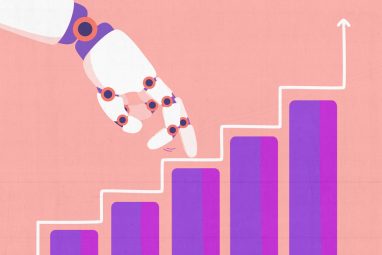Altman Pushes Back on Moral Policing as ChatGPT Prepares Adult Mode
Altman says OpenAI will loosen content rules for adults while maintaining protections for minors and users in distress.
News
- Microsoft Rolls Out Maia 200 AI Chip to Cut Reliance on Nvidia
- Google.org Funds 12 AI Projects to Accelerate Scientific Research
- MIT Sloan Management Review India, IDfy to Release Study on Data Privacy
- India’s AI Summit to Draw World’s Top Tech Leaders This February
- Startups Seek Tax Clarity After SC Ruling Against Tiger Global
- Tata Vows $11 Billion for Innovation City Near Navi Mumbai Airport

OpenAI will begin allowing more content freedom for verified adult users of ChatGPT in December, CEO Sam Altman said, framing the move as part of a broader effort to treat adults as adults while maintaining protections against harm and abuse.
The update will enable “mature content” such as erotica for verified users, according to OpenAI.
The change drew attention after Altman used the phrase “treat adult users like adults” in a post on X.
In a follow-up, he clarified that erotica was “just one example” of the broader policy shift.
“We’re not trying to be the world’s moral police,” he wrote. “In the same way that society differentiates other appropriate boundaries (R-rated movies, for example), we want to do a similar thing here.”
Altman said ChatGPT had previously been “pretty restrictive,” particularly out of concern for users with mental health issues, but that this had also made the tool “less useful/enjoyable” for many others.
With new safeguards in place, OpenAI plans to “safely relax the restrictions in most cases.”
He emphasized that harmful content would remain prohibited, and that OpenAI would continue to apply stronger protections for teenagers and users in distress.
“We will tread carefully with users who are having serious mental health issues,” he wrote.
Altman positioned the shift as aligned with OpenAI’s mission.
“As AI becomes more important in people’s lives, allowing a lot of freedom for people to use AI in the ways that they want is an important part of our mission,” he said. “Without being paternalistic, we will attempt to help users achieve their long-term goals.”
The new features will only be available to users who complete age verification. OpenAI has not yet disclosed the exact verification method or the full range of content to be permitted under the relaxed guidelines.
The company said the changes are part of a broader plan to balance user freedom with safety and responsibility as generative AI tools become more widely embedded in daily life.
The rollout is expected to begin in December.





